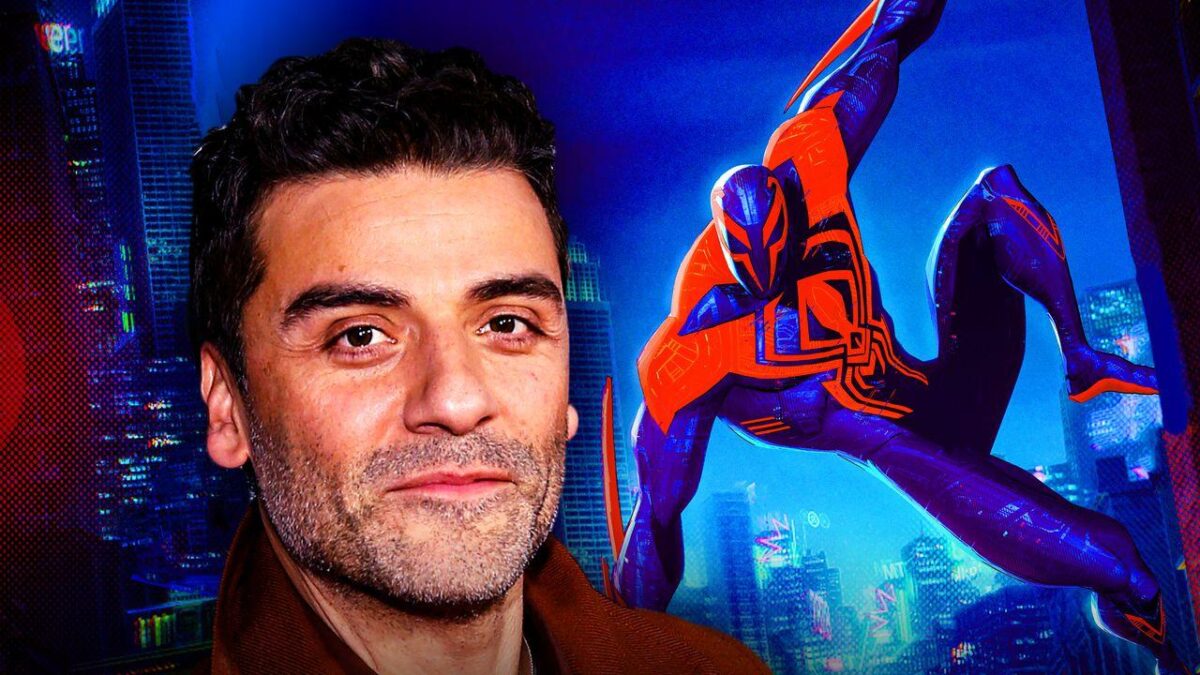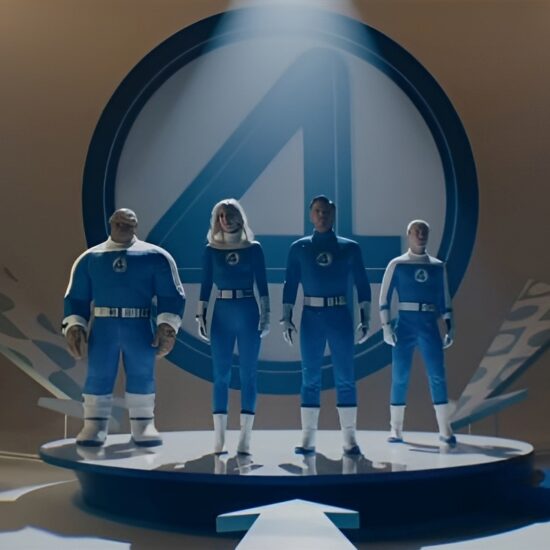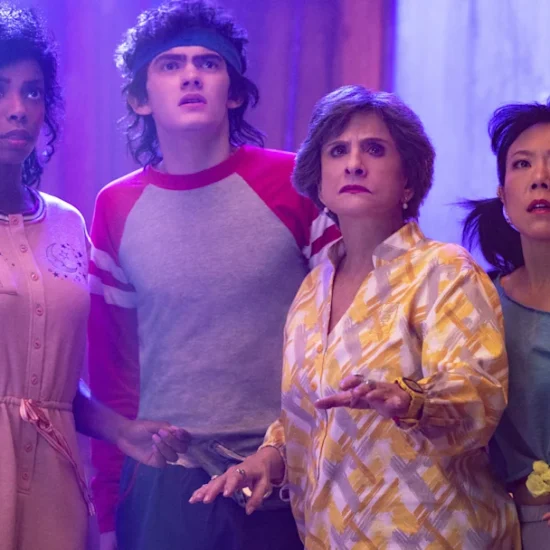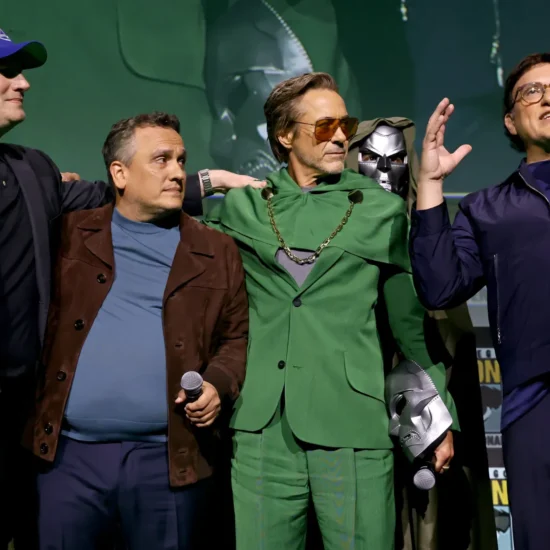
Oscar Isaac’s Spider-Man 2099 went through some important changes during the production of Sony Pictures’ latest movie, Spider-Man: Across the Spider-Verse.
Miguel O’Hara became one of the most intense and prominent figures in Across the Spider-Verse thanks to Isaac’s historic Marvel performance, with the character eventually becoming an antagonistic figure for Miles Morales and Gwen Stacy.
And while the sequel went through a number of last-minute changes before its eventual theatrical debut, Isaac’s portrayal of the other-worldly web-slinger may have gone through more adjustments than almost anybody.
Oscar Isaac’s Changes in Spider-Verse 2
Spider-Man: Across the Spider-Verse producers Phil Lord and Chris Miller spoke with Rolling Stone about the adjustments made to Oscar Isaac’s Miguel O’Hara during production.
With Oscar Isaac having the condition that his character not be boring, Miller admitted that Spider-Man 2099, for a time, “was too big of an asshole.” This led to more insight into the character’s backstory, developing him further into a “three-dimensional character:”
“There’s 1,000 smart people working on this movie for a long time and continually adjusting and shifting. And for a while he was too big of an asshole. [Laughs] And we were trying to be elegant about implying his backstory and his reasoning. Then we figured out that we had to let the audience in on his story the way we did on Gwen’s and on everybody else’s. That allowed him to be a more three-dimensional character.”
Lord looked at Isaac’s character as a hardliner, which is a person in life that’s usually “most traumatized” in their own past, with Isaac even coming from “an exile community of Cubans” and bringing that same feeling to his character:
“One of the things we talked about with Oscar was like, we know people in our lives that are hardliners, right? And what makes them a hardliner is, they’re mostly traumatized. And the only way out is through a kind of orthodoxy. Because you can’t tolerate dissent, because dissent is to question whether your pain is legitimate or not. Oscar is from an exile community of Cubans, and that’s a lot of how people feel. And we were like, well, let’s expose the beginnings of that trauma, and so you’re sort of rooting for Miguel to find some other way. Because this was not working for him.”
How Did Changes to Spider-Man 2099 Help Spider-Verse 2?
While Jason Schwartzman’s The Spot wound up being the main villain for both this movie and next year’s Spider-Man: Beyond the Spider-Verse, the changes made to Isaac’s character made him an even more compelling secondary antagonist.
Seeing his backstory and motivations detailed during Spider-Verse 2 allowed him to evolve more fully as a character that fans cared about, especially since he was introduced so early in the story.
This was especially important after he was teased in the post-credits scene from 2018’s Spider-Man: Into the Spider-Verse, especially with dozens of other Variants that took the spotlight alongside him.
And with the producers going into detail on Miguel O’Hara and explaining how horrible he was earlier in production, the team realized that letting fans know more about him only helped make him so much more of a compelling figure.
Spider-Man: Across the Spider-Verse is now playing in theaters worldwide.














